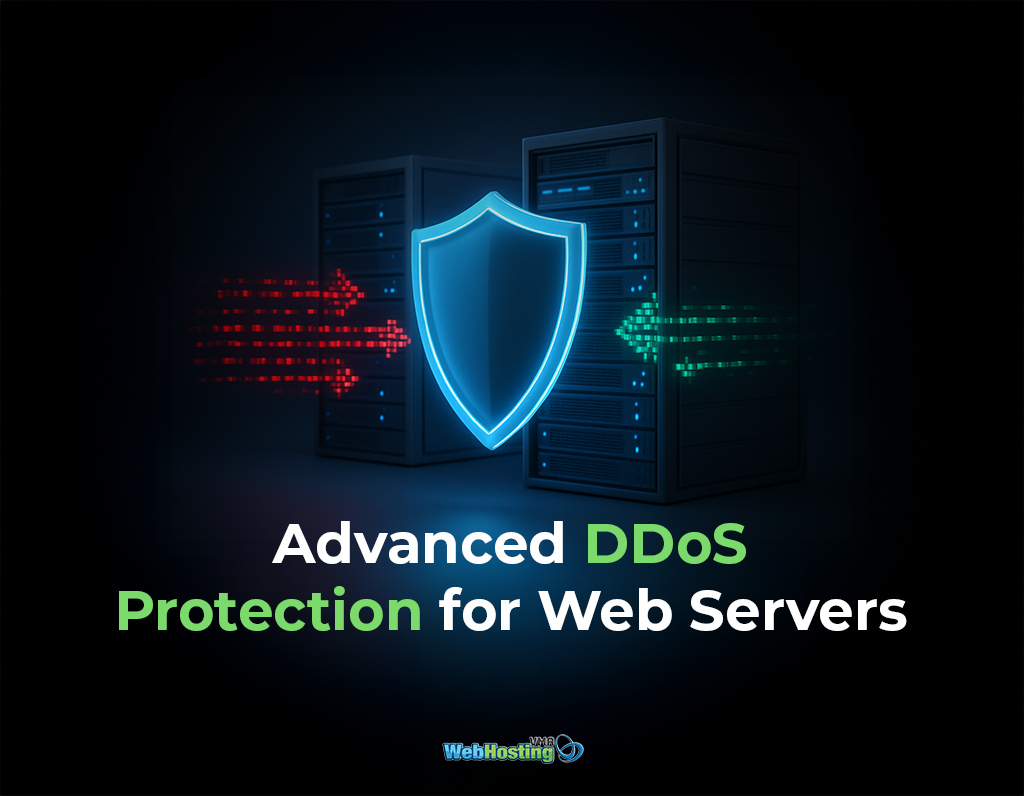In the dynamic realm of the internet, creating a flourishing online community is a fundamental aspect of connecting people with shared interests, fostering engagement, and building lasting loyalty. This article delves into the history of online communities, explores essential strategies, provides questions and answers, shares facts, discusses benefits, and presents an example to guide you in establishing a successful online community.
The Evolution of Online Communities: A Brief History
The landscape of online communities has drastically evolved from the nascent stages of the internet. The roots of online communities can be traced back to Bulletin Board Systems (BBS) in the 1970s and early 1980s. As the internet evolved, forums, discussion boards, and social media platforms emerged, transforming the way people interact and connect. Today, online communities cover a vast spectrum of interests, professions, and hobbies, shaping the way we communicate and share information.
10 Questions and Answers
Q: What is an online community?
A: An online community is a virtual space where people with similar interests, goals, or experiences come together to share knowledge, ideas, and engage in discussions. These communities can take various forms, such as forums, social media groups, or specialised platforms, uniting individuals across geographical boundaries to foster interaction and collaboration.
Q: Why are online communities important?
A: Online communities provide a platform for like-minded individuals to connect, learn, collaborate, and find support, enriching their experiences. They offer a sense of belonging, a platform to voice opinions, and a hub for shared knowledge, contributing to personal and professional growth.
Q: How can I build engagement within my online community?
A: Strategies like fostering interaction, creating valuable content, recognising contributions, and promoting events can enhance engagement. Encourage members to actively participate, share their thoughts, and collaborate with others. Regularly update content and organise interactive events to keep members engaged and invested in the community.
Q: What are some challenges in managing an online community?
A: Challenges may include dealing with conflicts, maintaining a positive environment, managing growth, and ensuring consistent participation. Address conflicts promptly and impartially, set clear guidelines to maintain a positive atmosphere, strategize for growth sustainably, and employ various engagement tactics to sustain a lively community.
Q: How can I handle negative behaviour within the community?
A: Address negative behaviour promptly through clear community guidelines, moderation, and open communication with the involved parties. Maintain a robust moderation system to enforce community rules, educate members on acceptable behaviour, and provide avenues for reporting and addressing concerns.
Q: What role does leadership play in an online community?
A: Effective leadership sets the tone, enforces guidelines, and encourages active participation, creating a sense of belonging and direction within the community. Leaders inspire trust, facilitate discussions, mediate conflicts, and set an example for community conduct, fostering a cohesive and engaged membership.
Q: How do you measure the success of an online community?
A: Success can be measured through engagement metrics, growth in membership, member satisfaction surveys, and achieving community goals. Track metrics like active members, discussions, event attendance, and member feedback to gauge the community’s impact and make data-driven improvements.
Q: How can technology aid in community building?
A: Technology facilitates seamless communication, enables advanced analytics, and provides automation tools to enhance community management and engagement. Utilise technology for real-time interactions, data analysis to understand member behaviour, and automation to streamline administrative tasks, ultimately improving member experience.
Q: What are some best practices for online community management?
A: Best practices include fostering inclusivity, actively listening to members, being transparent, and continuously evolving based on feedback. Ensure all members feel welcome, actively seek and integrate member feedback, maintain transparency in decision-making, and adapt the community based on evolving needs and preferences.
Q: How do I keep members loyal to the community?
A: Keeping members engaged, recognising their contributions, offering exclusive benefits, and creating a sense of belonging can enhance loyalty. Acknowledge and appreciate members’ efforts, provide special privileges or rewards, and nurture a community culture where every member feels valued, fostering a lasting sense of loyalty and commitment.
Facts about Online Communities
Diverse Membership:
Online communities gather individuals from various backgrounds, cultures, and locations, enriching discussions and perspectives. This diversity often leads to a more well-rounded understanding of the topics being discussed and encourages the sharing of unique insights.
Continuous Growth:
The number of online communities is constantly increasing, catering to a wide array of niches and interests. As more people join the digital sphere, the demand for specialised communities grows, fostering a continuous expansion of online communities.
Global Reach:
Online communities transcend geographical boundaries, allowing members to connect with people worldwide. This global reach fosters a rich exchange of ideas and cultural understanding, making the online community experience highly enriching and informative.
Specialised Platforms:
Various platforms are designed to host online communities, each catering to specific interests or professional fields. These specialised platforms ensure that members can find and engage with communities tailored to their exact needs and passions.
Impactful Networking:
Online communities serve as powerful networking platforms, enabling members to establish valuable connections and collaborations. Whether for personal or professional growth, these networks often lead to meaningful relationships, partnerships, or even career opportunities.
Content Variety:
Online communities offer diverse content formats, including articles, discussions, webinars, and multimedia, catering to different preferences. This wide range of content keeps members engaged and allows for effective communication in various forms.
Moderation is Key:
Effective moderation is crucial to maintaining a positive environment within the community and preventing misuse. Well-moderated communities ensure that discussions stay constructive, respectful, and aligned with the community’s objectives.
Longevity of Communities:
Successful online communities typically have a long life span, with some lasting for decades and evolving with changing trends and technologies. The enduring nature of these communities speaks to their ability to adapt and remain relevant over time.
Evolving Trends:
Online communities adapt to emerging trends, incorporating new features, technologies, and engagement methods to stay relevant. Staying up-to-date with trends helps communities provide a modern and appealing experience to their members.
Volunteer Contributions:
Many online communities rely on volunteer moderators and contributors, who play a vital role in shaping and managing the community. These volunteers dedicate their time and effort to ensure the community functions smoothly and remains a valuable resource for its members. Their dedication is often a testament to the strength and passion within the community.
Benefits of Building a Thriving Online Community
Knowledge Sharing:
Online communities facilitate the exchange of expertise, ideas, and knowledge among members, fostering continuous learning and growth.
Enhanced Engagement:
Engaged members contribute actively, sparking discussions, sharing experiences, and collaborating on projects or initiatives.
Sense of Belonging:
Members develop a strong sense of belonging and community identity, leading to increased participation and loyalty.
Networking Opportunities:
Communities offer a platform to expand personal and professional networks, opening doors for potential collaborations and partnerships.
Support System:
Members find emotional support, advice, and encouragement from like-minded individuals facing similar challenges or experiences.
Increased Brand Loyalty:
Organisations building online communities associated with their brand can enhance customer loyalty and brand advocacy.
Cost-Effective Communication:
Online communities provide a cost-effective means to reach a large audience, reducing traditional marketing expenses.
Collective Problem-Solving:
Communities pool together diverse perspectives to tackle challenges and solve problems collectively, often leading to innovative solutions.
Market Research and Feedback:
Engaged community members offer valuable insights, enabling organisations to gather feedback and conduct market research.
Personal and Professional Growth:
Active involvement in an online community can contribute to personal development, skill enhancement, and career advancement.
Example Use: Reddit – A Diverse Community Hub
Reddit is a prime example of a thriving online community platform. It hosts a multitude of communities, known as “Subreddits,” covering virtually every interest imaginable. From niche hobbies to broad topics like science, technology, and entertainment, Reddit connects millions of users worldwide. It showcases the power of online communities in uniting individuals based on common interests and facilitating vibrant discussions.
CONTACT US NOW! For more information.





